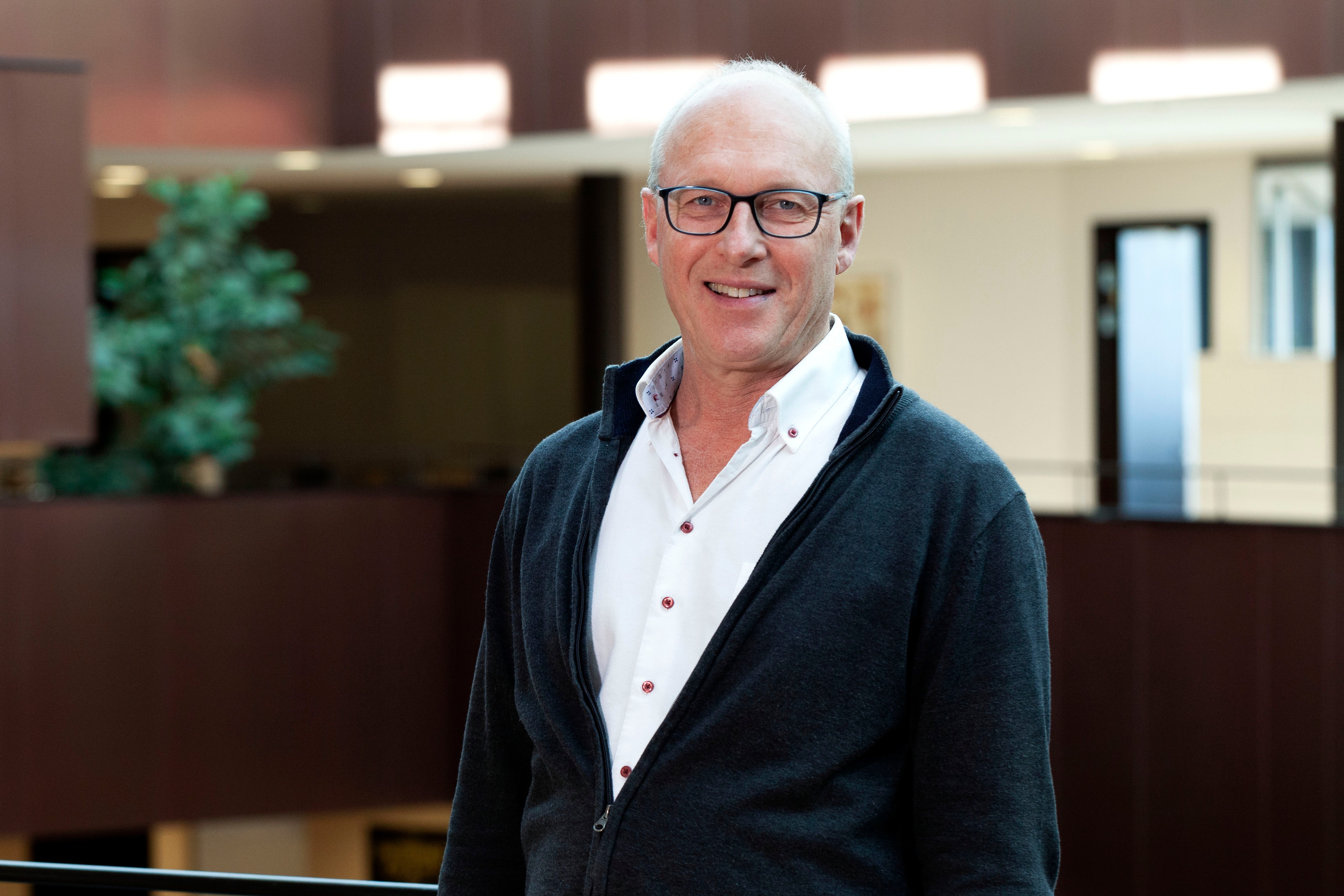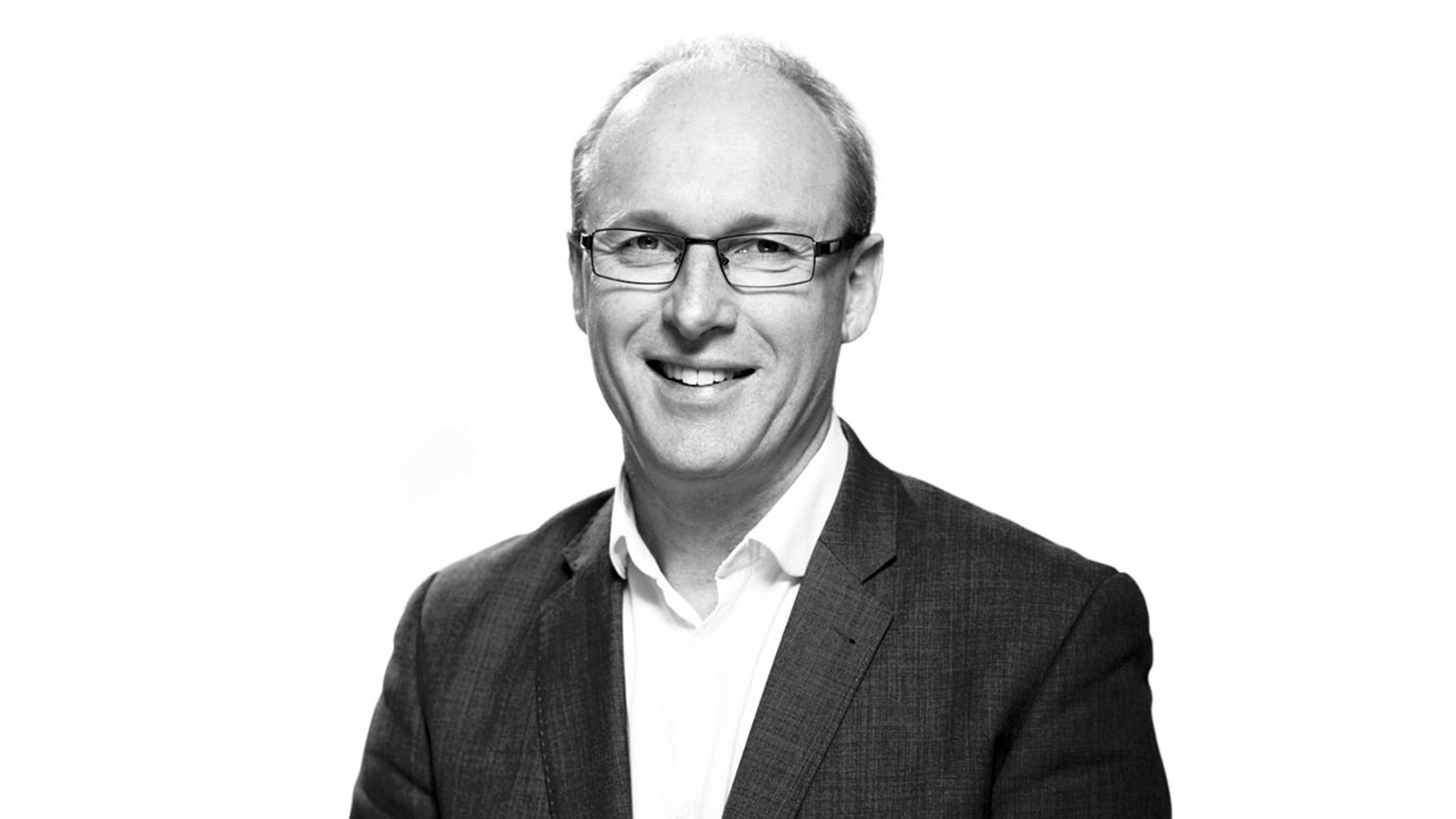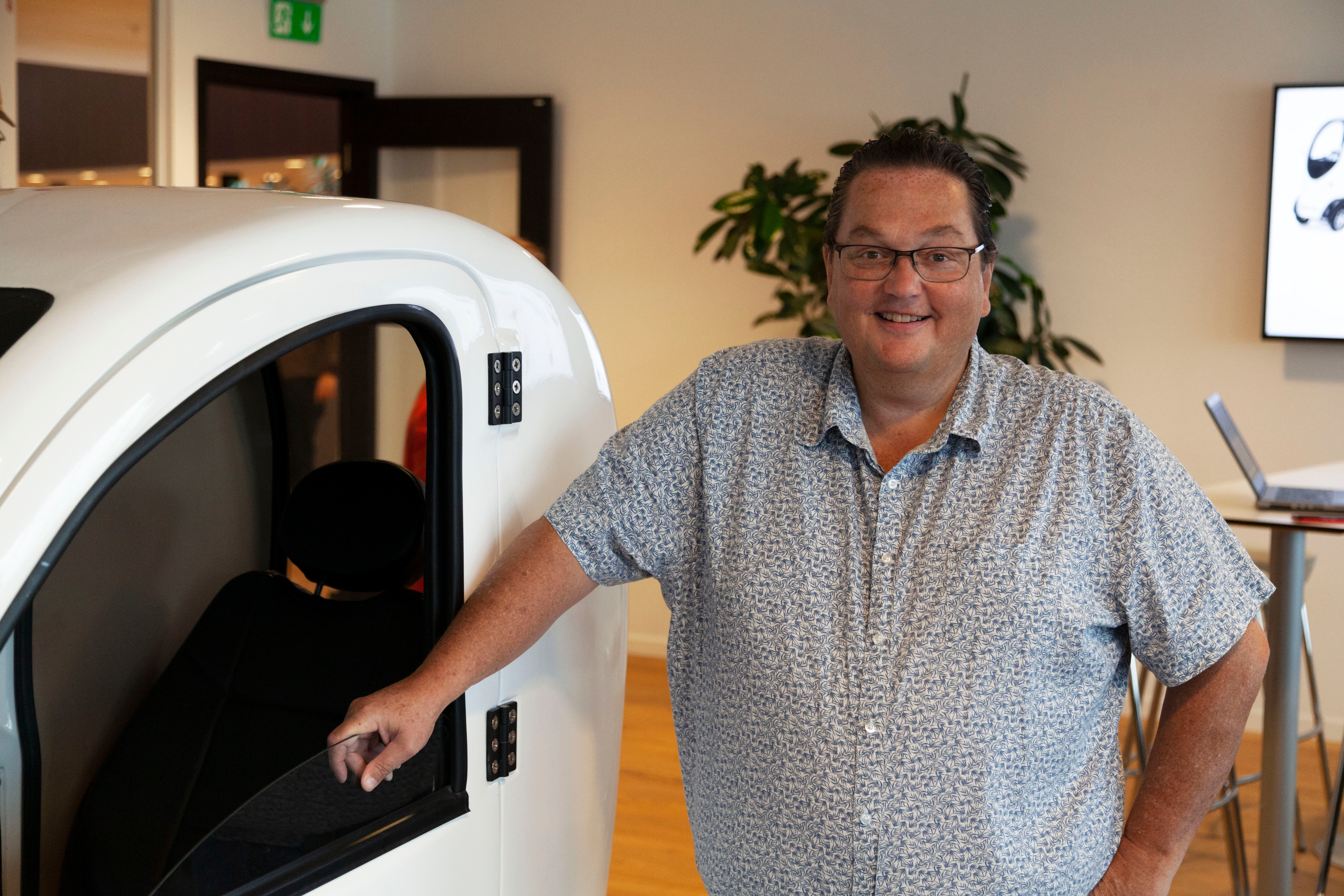Semcon StoriesDigital Solutions
A creative arena for curious software developers
Johan Kristensson is responsible for a team of 17 senior embedded specialists at Semcon. The department engages over 100 people, such as software developers and managers, to invent new technology and build new services, mainly within embedded. The tempo is high and the project variation is great, which places demands on both the individual and the organisation.

“I came to Semcon in 2007 and it was a completely different time then. Things move so much faster today and we work very differently now. We work with the customers’ development departments. This requires deep and broad expertise as well as the ability to develop a demonstrator in a week to be able to really try it out.”
How will companies earn money in the future?
According to Johan, today’s developers need to know a great deal. And above all, to know about the shortcuts, such as open-source libraries and different frameworks, for example. At Semcon, the assignments often concern how the customers will earn money in the future. Some customers, for example those in the automotive industry, have a good grasp of these issues, while others need help to find the answers. The technology is central, which means that the projects Johan’s department works with entail a constant search for new solutions.
“Everything has to be connected. This means that a developer needs to have a completely different breadth today than what was the case just a few years ago. They need to be able to move freely, not only in embedded and backend software and in the cloud, but also in multiple languages.”
Curiosity that creates value for the customers
“Most of us have a solid educational background in computer science or engineering physics, which provides a stable base. I’ve also noticed that people with this background are very curious and want to learn new things all the time. This mindset characterizes our culture and is needed for us to be able to create value for our customers.”
At Semcon, you seldom work alone. In many projects, Johan’s department collaborates with other departments. This creates a dynamic and exciting environment to work in.
“I don’t think there are many workplaces like ours in Sweden. We are involved in most of the large industrial projects that are underway and are also represented abroad. There is a lot of variation in the projects, and this means that everyone gets opportunities to work with things that they think are fun. This is important and we therefore try to accommodate everyone’s wishes as much as possible.”
In many projects, we are really far ahead and are looking at what is technologically possible or what will soon be.
– Johan Kristensson, Embedded Specialist
Hard to not learn new things
Even if there is a lot of knowledge exchange between all the specialists collaborating in different projects, Johan says that a lot also happens spontaneously. Because consultants at Semcon cover such a broad range of areas, it is difficult to not learn new things just by coming to work.
“The meeting around the coffee machine – it really is a cliché. But for us, ideas and projects are born there every day. I think it’s because we have brought together driven and curious people and managed to create a culture they thrive in. This, along with knowledge in various areas, means that everything needed to solve complex problems exists right here. This attracts exciting people who want to invent and experiment.”
“For example, we hired an AI professor, who was behind one of the first robots in Sweden, and he was often almost engulfed by people around the coffee machine. Another example is Hans Forsberg, who often carries out his own projects in his free time. One of these was a gadget that trained magpies to pick up bottle caps and put them in a box. He was also a popular coffee break companion.”
Ingenuity and book clubs
For Johan, the work culture is central. He wants an open, dynamic and creative climate. This leads to more perspectives, which in turn means more alternatives to solutions to the customers’ problems.
“Ingenuity contributes a lot to the value we create. This is partly based on our culture, but also on individual initiative and on everyone here taking responsibility for acquiring new knowledge. But some things we also do together, such as in my department’s book club. We read one chapter a week and talk about it. The last book was Pragmatic Programmer. We also have a Community of Practice, where we delve into different areas, such as IOT, AI and sustainability. The consultants can spend time on skills development but also test things and make demonstrators together. Right now, we’re curious about UWB and investigating the possibilities it offers.”


